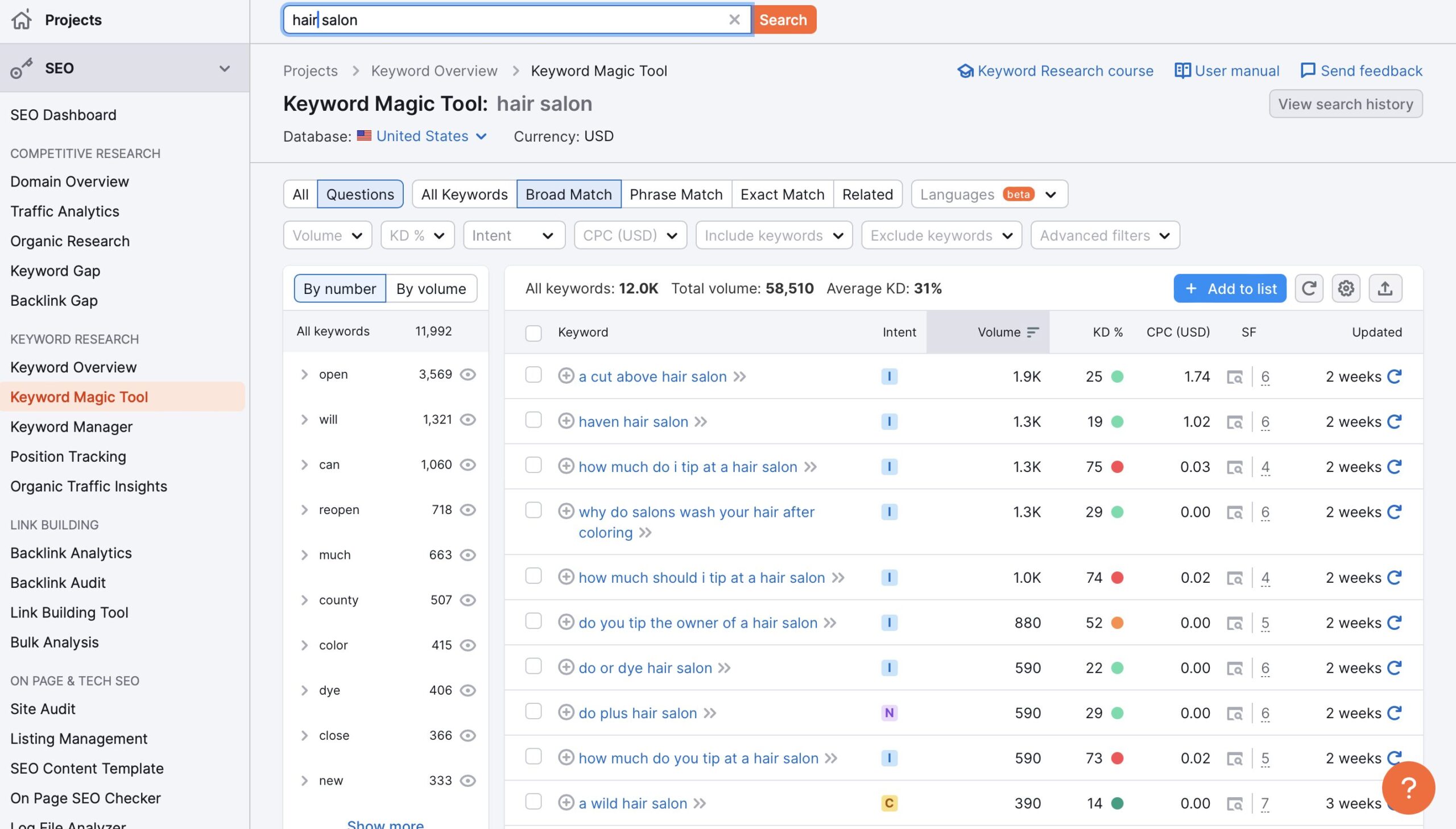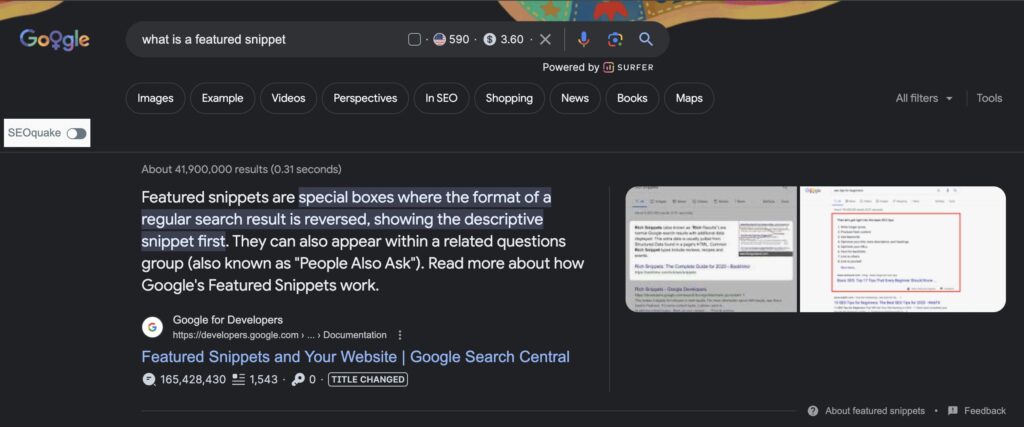
7 Ways To Optimize Your Website For Voice Search
As you rushed to catch your flight to your friend’s wedding, you realized with a sinking feeling that you had forgotten to do your nails. Panic set in until you remembered your trusty voice search feature. With a quick command, you asked Google, “Where are the closest nail salons near me?” Within seconds, Google returned a list of nearby salons, saving the day and ensuring you arrived at the wedding with perfectly manicured nails, ready to celebrate your friend’s special day in style.
In today’s fast-paced world, where time is of the essence, voice search has emerged as a game-changer in how we access information online. With its lightning-fast speed, perfect compatibility with mobile devices, and unmatched convenience, voice search is revolutionizing the way we interact with the digital world.

In a world where every second counts, voice search offers a significant advantage over traditional typing. With the ability to process information at 3.7 times the speed of typing, voice search allows users to access the information they need in a fraction of the time, making it an invaluable tool for busy individuals on the go.
2. Perfect for Mobile Searches:
With the prevalence of smartphones and mobile devices, more and more users are turning to voice search for quick and convenient access to information while on the move. Whether it’s finding directions, checking the weather, or searching for nearby restaurants, voice search offers a seamless and hands-free experience that is perfectly suited for mobile use.
3. More Convenient:
Gone are the days of typing out lengthy search queries on a tiny keyboard. With voice search, users can simply speak their queries aloud and receive instant results, eliminating the need for manual input and streamlining the search process. From busy professionals looking for quick answers to parents juggling multiple tasks, voice search offers unparalleled convenience for users of all backgrounds and lifestyles.
Content Overview
Toggle1. Creating Voice Search FAQ Pages:
Voice search results are 1.7X more likely to come from an FAQ pages compared to desktop results. When crafting FAQ pages for voice search optimization, consider the specific questions that users might ask when using voice search. Conduct keyword research to identify common voice search queries relevant to your industry or niche, and tailor your FAQ page content accordingly. Keep your answers concise and to the point, aiming for around 50 words per answer to align with voice search preferences. Additionally, structure your FAQ page in a user-friendly format with clear headings and organized sections to make it easy for both users and search engines to navigate.
When brainstorming questions for your FAQ pages, leverage the following two powerful tools.
2. SEMrush
These platforms allow you to input your keyword and receive a comprehensive list of questions commonly asked on Google. AnswerThePublic provides visually appealing insights, while SEMrush offers detailed analytics and keyword data. Utilizing these tools can streamline your content creation process and ensure you’re addressing the queries your audience is searching for.

2. Optimizing For Featured Snippets:
To optimize for featured snippets, focus on providing direct and comprehensive answers to commonly asked questions within your content. Identify potential featured snippet opportunities by analyzing search queries related to your business or industry, and create content that specifically addresses these queries. Utilize structured data markup, such as schema.org markup, to provide search engines with additional context about your content and increase the likelihood of being selected as a featured snippet. With 40.7% of voice search answers coming from featured snippets, this strategy enhances visibility and improves the chances of being selected.
3. Writing using Natural Language:
When crafting content for voice search optimization, prioritize natural language over formal or technical wording. For instance, instead of using abbreviated terms like “DM,” opt for phrases like “direct message.” By mirroring how users speak aloud, such as “You’re probably wondering how to direct message someone on Twitter,” you increase the likelihood of matching voice search queries and enhancing your content’s visibility. Avoiding overly technical language ensures your content resonates with users engaging in voice searches.
4. Including Long Tail Keywords:
Incorporate specific, long tail keywords into your content to capture highly targeted traffic from voice search users. Conduct keyword research to identify relevant long tail keywords and integrate them strategically. Despite lower search volume, these keywords have higher conversion rates, improving the effectiveness of voice search optimization.
5. Including Filler Words:
When optimizing your content for voice search, incorporating filler words can enhance its compatibility with natural speech patterns. For instance, transform concise phrases like “Benefits of apples” into complete questions such as “What are the benefits of eating apples?” Similarly, refine brief statements like “Apple calories” into inquiries like “How many calories are there in an apple?” By framing keywords within full questions, such as “What is the best way to lose weight?” instead of simply “Weight loss,” you improve the likelihood of matching user voice search queries and maximizing your content’s visibility.
6. Improving Site Speeds:
Optimize your website’s speed to enhance user experience and voice search optimization. With the average voice search result page loading in 4.6 seconds, prioritize measures such as code optimization, image compression, and leveraging content delivery networks. Fast-loading websites reduce bounce rates and improve performance in voice search results.
Integrating plugins like WP Rocket can significantly boost your website’s speed and performance. These tools optimize various aspects of your site, including caching, file compression, and image loading, to reduce loading times and enhance user experience. By streamlining website operations and minimizing unnecessary data, WP Rocket ensures smoother navigation for visitors, reduces bounce rates, and improves search engine rankings. Implementing such plugins is a proactive step towards optimizing your website for voice search, as faster loading speeds are crucial for capturing the attention of users engaging in voice searches.
7. Increasing Domain Authority:
Boosting your website’s domain authority is essential for better visibility in voice search results. Websites with higher domain authority are more likely to rank prominently, as Google favors reputable sources for voice search answers. It’s crucial to focus on enhancing the overall authority of your domain rather than just individual pages. This involves building quality backlinks, creating valuable content, and maintaining a strong online presence. By increasing your domain authority, you improve the credibility of your website and increase the likelihood of being featured in voice search results, ultimately driving more traffic and engagement.
For expert guidance and assistance in achieving these goals, trust MeU Media, a leading marketing agency dedicated to maximizing your online success. Contact us today to embark on your journey towards voice search optimization and unlock the full potential of your website.

